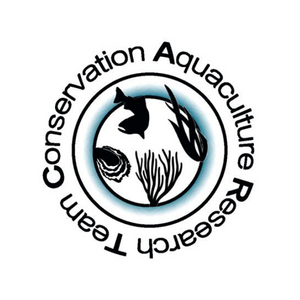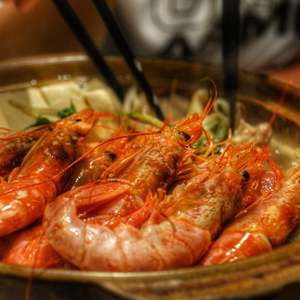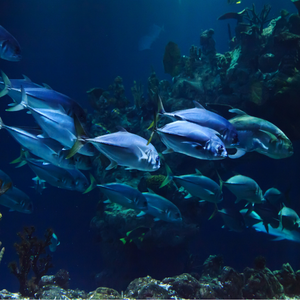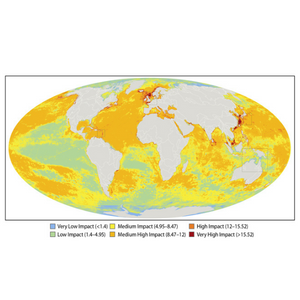Food Footprint and Environmental Justice
Building on a recent project to map the global environmental footprint of food production, this research seeks to understand how these environmental footprints intersect with issues of environmental justice. We are addressing this work at both a global (national level) and U.S. (county level) scale.
Climate Change & Aquaculture
Climate change is already affecting the production of food globally, and recent research suggests that aquaculture faces similar risks. We are assessing the potential vulnerability to climate change pressures of both marine and freshwater aquaculture within the United States, as well as potential differences in climate resilience for different species and production methods. With this work we aim to inform climate-smart aquaculture in the U.S.
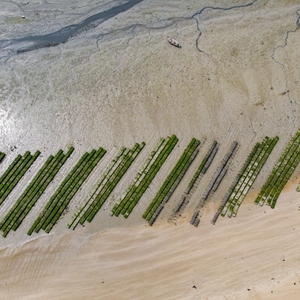
Sustainable Aquaculture Feed
One of the main environmental consequences of fed aquaculture (primarily finfish) is the impacts from the feed. As such, one of the best ways to improve the sustainability of fed aquaculture is to reduce the environmental cost of producing the feed. In collaboration with a team led by colleagues at the University of Tasmania, we are assessing the environmental efficiencies of different salmon feeds and the potential environmental footprints of these different feeds.
Marine Biodiversity at Risk
Working in partnership with colleagues at University of Queensland, Nelson Mandela University, and University of Oldenburg, we are developing and applying methods to assess the current and future risk to marine species from a wide range of pressures from human activities. Initially we are focused on global scale assessments, but will focus on case studies in Germany and South Africa to explore how community dynamics can alter these risks.
Ocean Health Index
For the past eleven years I have served as lead scientist for the Ocean Health Index project, a large collaborative project involving many people and institutions. In this work we aim to capture the many different goals that people have for healthy marine systems, and provide indicators of those goals, as well as an overall Index across all goals. We launched our first global assessment and the accompanying website in August 2012. Currently we are focused on four key activities, detailed in our project website: 1) leading or co-leading efforts to apply the methods to regional case studies, 2) calculating annual global scores using updated methods and data (launched each year in December), 3) updating a software toolbox that allows others to explore and calculate their own index scores for their own regions, and 4) engaging with agencies and countries around the world to explore how the Index can be used to inform decision making in those regions.
Cumulative Impact Mapping
Over the last decade I have led several projects that mapped at global, regional and local scales the cumulative impact of human activities on marine systems. The work began with developing the methodology to do so and applying it globally. Since then I have co-led projects to apply the methods regionally in Hawaii, Massachusetts, the California Current, South Africa, the Mediterranean (data and project descriptions available on my Products page), and in the Great Lakes and occasional global updates. For several of these efforts I have worked closely with policy makers and managers to integrate findings into management decisions. I have also been involved in several projects that have adapted the methodology to particular taxa (billfish and plankton, marine mammals and seabirds) with the aim of informing strategic action to better protect those species, and to all mapped marine taxa to identify global hotspots. I continue to explore ways to expand and adapt the methods to new systems and new questions, and to refine the methods as we learn more about where key gaps remain.
Conservation Aquaculture Research Team
I am co-lead of the Conservation Aquaculture Research Team (CART) based at NCEAS, and was co-PI for a SNAPP working group on sustainable offshore aquaculture that addressed a range of topics aimed at understanding and guiding how to expand offshore aquaculture sustainably around the world. This project has expanded into research on how climate change is impacting (and will impact) marine aquaculture, as described above.
